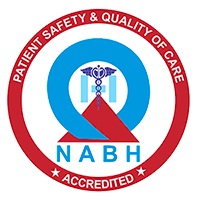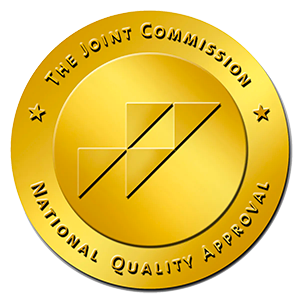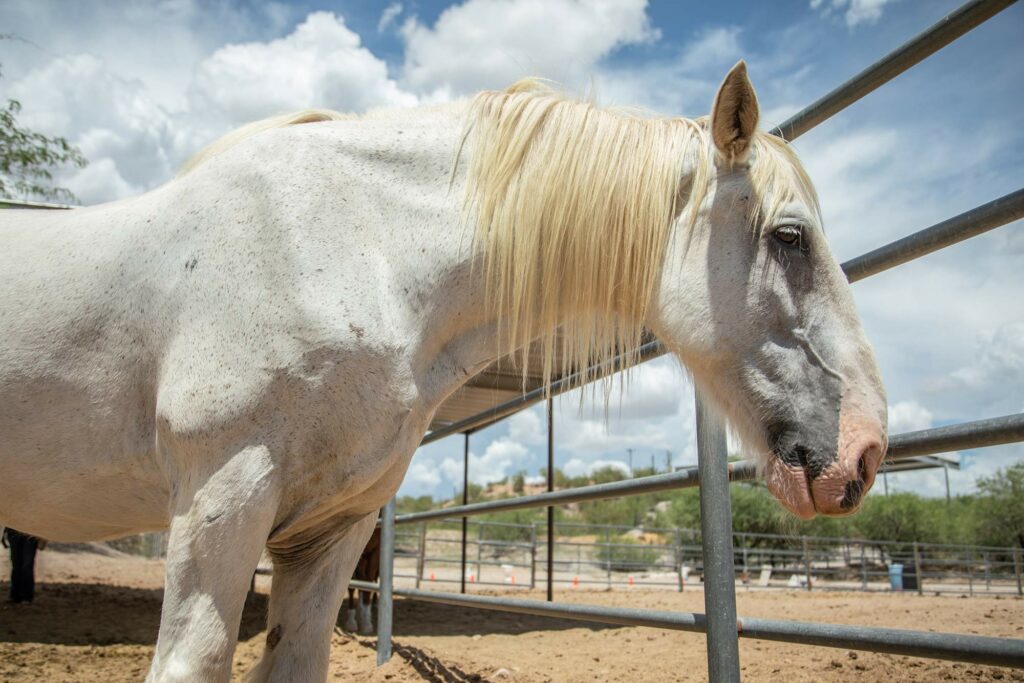TRUSTED, PROVEN EATING EATING DISORDER TREATMENT FOR WOMEN AND GIRLS
The Meadows Ranch has a proven track record of helping women and girls ages 11-17 overcome their eating disorders and find a fulfilling life of recovery. We offer inpatient, residential, and partial-hospitalization levels of care for women and girls struggling with anorexia, bulimia, binge eating disorder, compulsive overeating, and related issues.
Through our bio-psycho-social-spiritual eating disorder treatment approach and clinical excellence, patients find the strength to confront their problems, gaining the tools and skills necessary to overcome their disorder. Long before they return home, we work them to create an aftercare plan that includes a support team to help them successfully continue their recovery. Based on feedback from patients, families, and professionals, the vast majority of our patients remain committed to a life of health, balance, and purpose.







